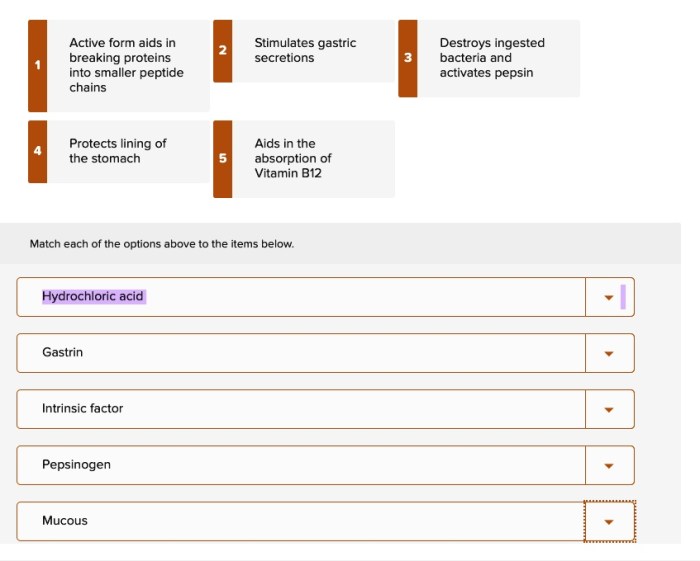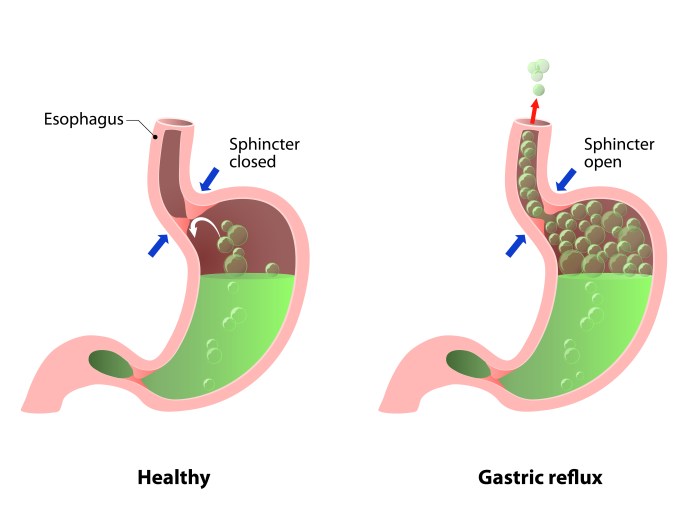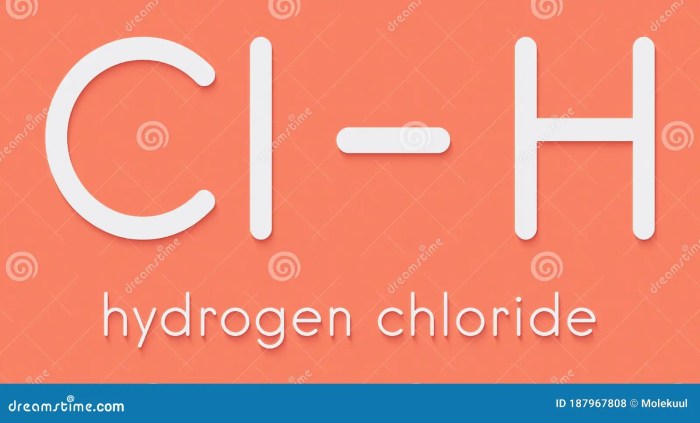Match each description to the correct component of gastric juice, an essential component of digestion. Gastric juice is a complex fluid secreted by the stomach that plays a crucial role in breaking down food and extracting nutrients. Understanding the components and functions of gastric juice is vital for comprehending the digestive process.
This article delves into the composition of gastric juice, its role in digestion, and the factors that influence its production. Additionally, it explores the clinical implications of abnormal gastric juice production and provides insights into diagnosis and treatment.
Gastric Juice and Its Role in Digestion: Match Each Description To The Correct Component Of Gastric Juice

Gastric juice is a clear, colorless fluid secreted by the stomach that plays a crucial role in digestion. It contains various components that work together to break down food and facilitate nutrient absorption. Understanding the composition and functions of gastric juice is essential for comprehending the digestive process.
Components of Gastric Juice
Gastric juice consists of several components, each with distinct functions:
- Hydrochloric Acid (HCl):HCl is the major component of gastric juice, responsible for creating an acidic environment in the stomach. It kills bacteria, denatures proteins, and activates pepsinogen.
- Pepsin:Pepsin is a protease that breaks down proteins into smaller peptides. It is secreted in an inactive form (pepsinogen) and activated by HCl.
- Gastric Lipase:Gastric lipase is an enzyme that initiates the digestion of fats by breaking down triglycerides into fatty acids and glycerol.
- Mucus:Mucus is a protective layer that lines the stomach wall, preventing damage from HCl and other digestive enzymes.
Role of Gastric Juice in Digestion, Match each description to the correct component of gastric juice
Gastric juice plays a vital role in the digestion of various food components:
- Proteins:HCl denatures proteins, making them accessible to pepsin. Pepsin then breaks down proteins into peptides, which are further digested in the small intestine.
- Fats:Gastric lipase initiates fat digestion by hydrolyzing triglycerides into fatty acids and glycerol. However, most fat digestion occurs in the small intestine.
- Carbohydrates:Gastric juice does not contain enzymes that directly digest carbohydrates. However, it helps create an acidic environment that activates salivary amylase, an enzyme that initiates carbohydrate digestion in the mouth.
Regulation of Gastric Juice Production
Gastric juice production is regulated by various factors, including:
- Nervous System:The vagus nerve stimulates gastric juice secretion through the release of gastrin, a hormone that promotes acid production.
- Hormones:Gastrin is the primary hormone involved in stimulating gastric juice secretion. Other hormones, such as secretin and cholecystokinin, inhibit gastric juice production.
- Local Factors:The presence of food in the stomach triggers the release of gastrin and histamine, which increase gastric juice secretion. pH changes in the stomach also affect secretion.
Clinical Implications of Abnormal Gastric Juice Production
Abnormal gastric juice production can lead to various clinical implications:
- Hyperchlorhydria:Excessive gastric juice production can cause heartburn, acid reflux, and ulcers.
- Hypochlorhydria:Deficient gastric juice production can impair digestion, leading to nutrient deficiencies and bacterial overgrowth in the stomach.
Frequently Asked Questions
What is the primary function of gastric juice?
Gastric juice’s primary function is to break down proteins into smaller molecules, initiating the digestive process and preparing them for further absorption in the small intestine.
What are the key components of gastric juice?
Gastric juice comprises hydrochloric acid, pepsin, mucus, and intrinsic factor, each playing a specific role in digestion and nutrient absorption.
How is gastric juice production regulated?
Gastric juice production is regulated by a complex interplay of the nervous system, hormones, and local factors, ensuring an optimal digestive environment.


